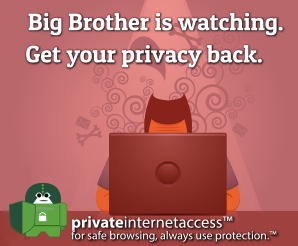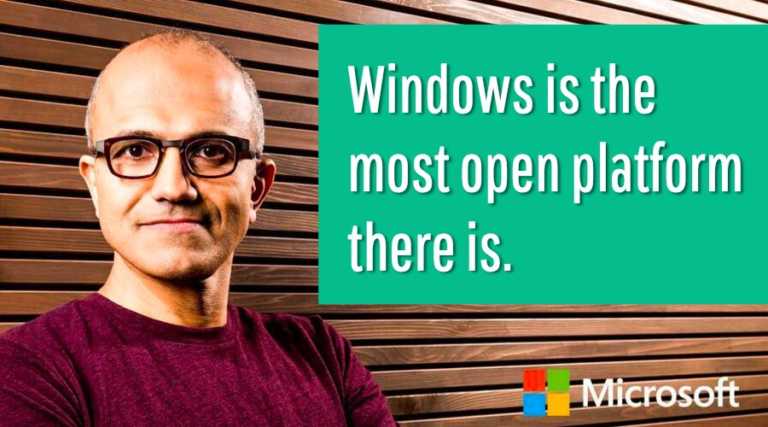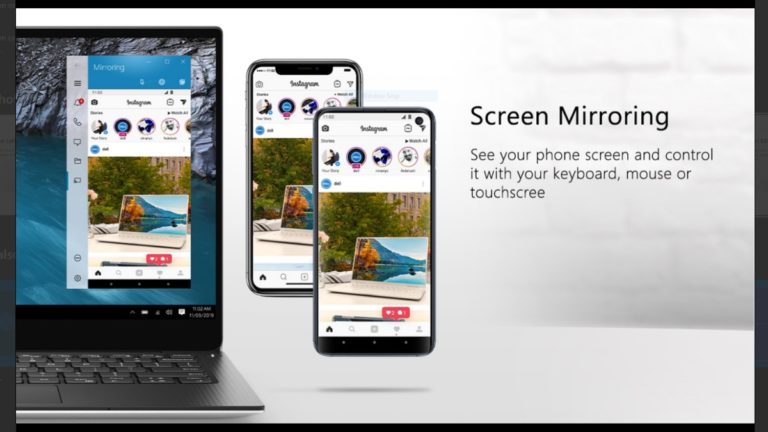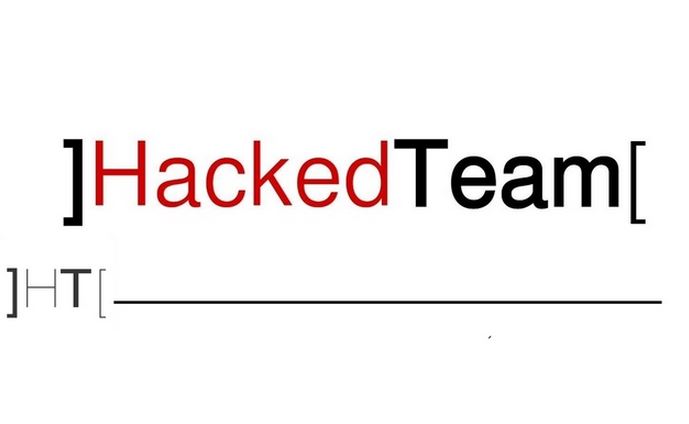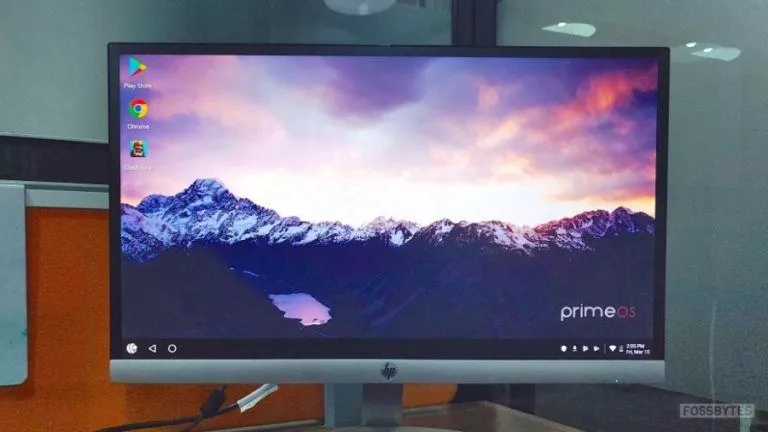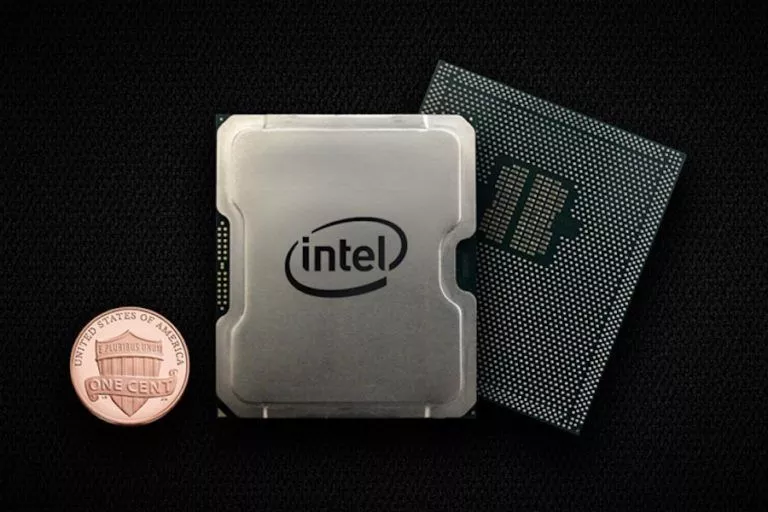Should I Use Free VPN Services? Is It Safe To Use?

VPNs are widely used to overcome geographical obstruction, to access a remote network securely, and other different purposes. They are extensively used by organizations to share resources across various office locations. In recent times, VPNs have gained widespread usage in bypassing country restrictions to access blocked services.
When people search the internet for ways to bypass website restrictions, they have a natural inclination to find and opt for free VPN services. Most people do not want to pay for a service that they might not use frequently. But, should we use free VPN services? Let’s find out if they really deliver the services they promise.
Is A Free VPN Safe To Use?
In a recent study by The Commonwealth Scientific and Industrial Research Organisation(CSIRO), researchers analyzed 283 Android VPN apps to study their impact on user’s privacy and security. They found out that 75% of the tested apps used third-party tracking libraries, and hence, they can’t be trusted. 82% of the apps required permissions to access sensitive resources such as user accounts and text messages. Worst of all, the study published that more than 38% had malware presence such as adware, trojan, malvertising, riskware, and spyware.
Popular VPNs such as VPN Free, Tigervpns, Rocket VPN, Cyberghost and EasyOvpn, which have been downloaded more than a million times, were found out to be malicious.
“18% of the VPN apps implement tunneling protocols without encryption despite promising online anonymity and security to their users. In fact, approximately 84% and 66% of the analyzed VPN apps do not tunnel IPv6 and DNS traffic through the tunnel interface respectively due to lack of IPv6 support, misconfigurations or developer-induced errors,” the study declared.
Are Free VPNs really Free?
The short answer is: No. No VPN provider will offer their services totally free for an unlimited amount of time. If you are not paying your money, then rest assured that you are paying them in other ways. The same situation was observed in Facebook-owned Onavo VPN’s case.
Let’s look at some of the common ways through which free VPN providers exploit you:
1. Tracking your data and selling it for profit
VPN encrypts and tunnels your data so your ISP cannot see what you are doing online. This means ISPs can’t keep track of you, but the VPN provider can. Free VPNs collect user data through tracking libraries, which they can sell for advertising and analytics to some other agency. Betternet’s free VPN app was found to contain 14 different tracking libraries.
2. Malware
Injecting malware to your device is one of the common traits in free VPNs. Such malware can be used to steal sensitive information from your device or to encrypt your data as evident from recent ransomware attacks.
3. Stealing of Bandwidth
Free VPNs might also be stealing your bandwidth and selling it to other organizations. Would you like your PC resources to be used to move traffic on the internet? Apparently, Hola VPN did it. Israel-based Hola was found to be stealing bandwidth from users and then reselling it through its sister company Luminati. You can read this article to know about how Hola duped its customers.
4. Browser Hijacking
This refers to redirecting your browser to websites without your permission. HotspotShield free VPN promises its users shielded connections, security, privacy enhancement and ad-free browsing. However, the CSIRO study found that HotspotShield redirects user traffic to alibaba.com and ebay.com through its partner networks Conversant Media and Viglink, respectively.
The study mentions that “AnchorFree’s VPN app HotspotShield performs redirection of e-commerce traffic to partnering domains. When a client connects through the VPN to access specific web domains, the app leverages a proxy that intercepts and redirects the HTTP requests to partner websites.” Also have a look at our article on open source free vpn software that helps you stay secured online.
Which free VPNs are safe to use?
There are free VPNs which are indeed safe to use. Deny services that promise unlimited free VPNs. They monetize through other fraudulent practices and can impose a risk to your data and privacy.
Freemium VPNs give you the option to try out their services for a limited amount of time with limited bandwidth. It is generally a safe bet to use free services from VPN providers that provide paid services after a limited amount of time. However, such services will be slow and unreliable. If you are planning to use VPN frequently, go for the paid services like Private Internet Access as they are cheap nowadays. Some of the recommended options are:
Hopefully, we have answered your question “Is A Free VPN Safe To Use?” If you want to know more about the working of VPN and its different components, don’t forget to read our dedicated article on the same.

